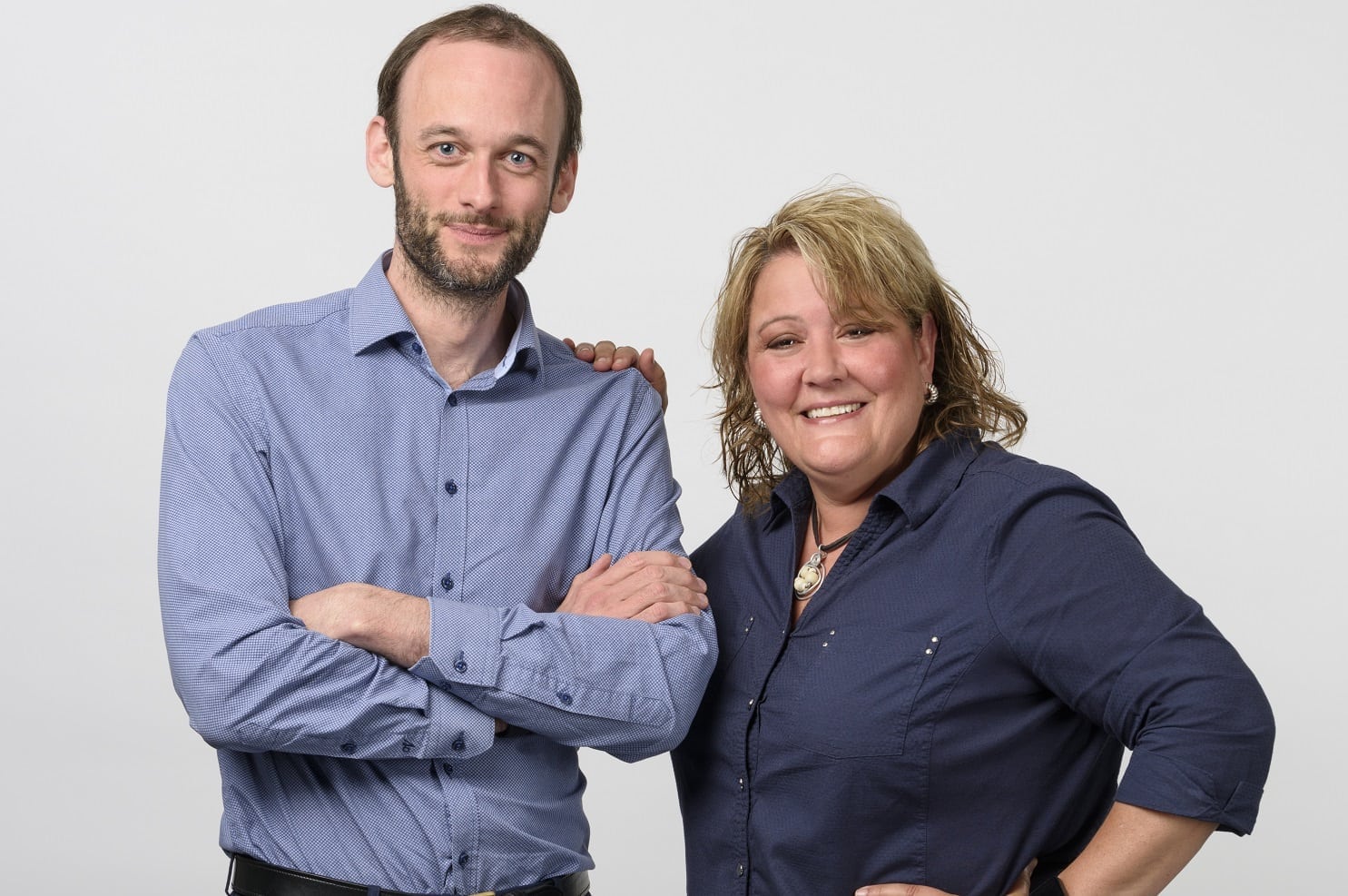
Jonathan Montagu and Gerry Harriman (HotSpot)
HotSpot announces $65M Series B, as Nimbus pioneers look to keep up in a crowding field
In the decade since Nimbus Therapeutics built a company around computation and little-known phenomena like allosteric regulation, the industry has brimmed with algorithm companies and …
Sign up to read this article for free.
Get free access to a limited number of articles, plus choose newsletters to get straight to your inbox.